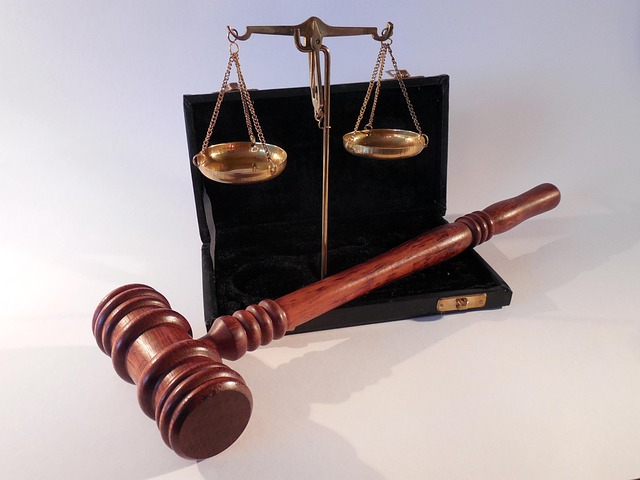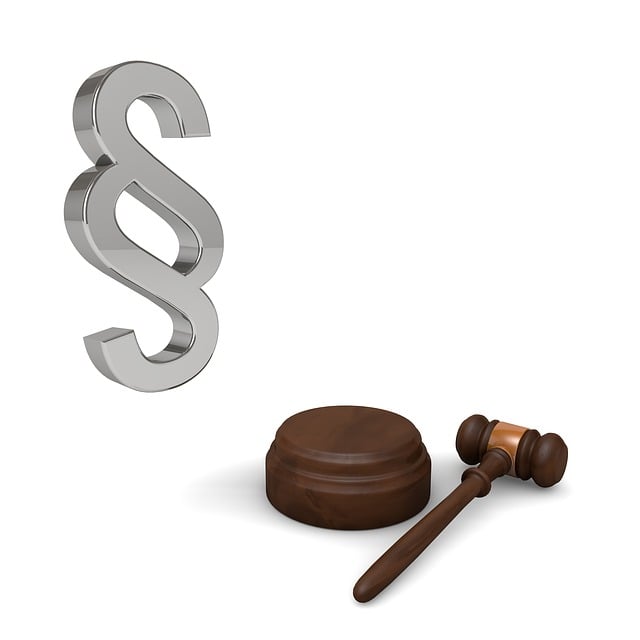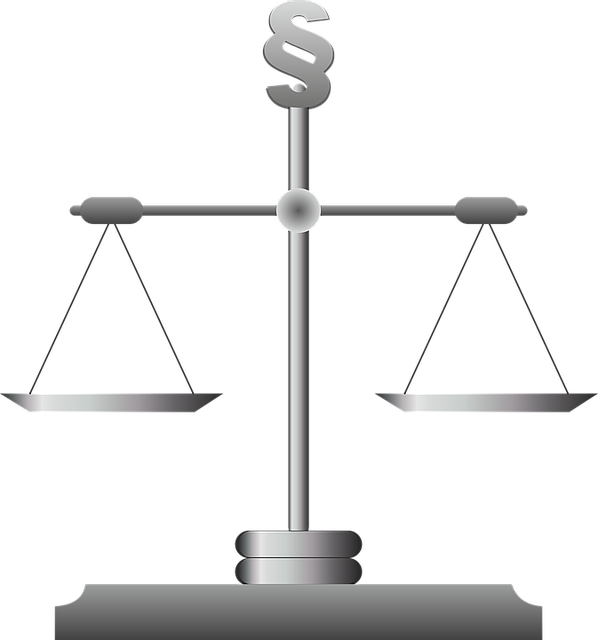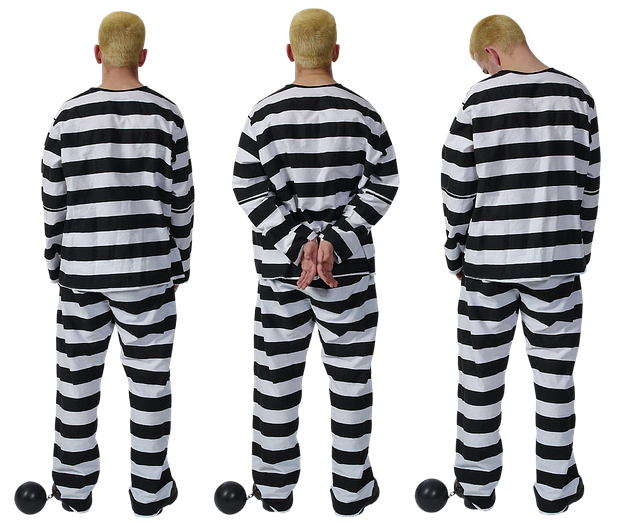The RF Securities Industry Regulation Framework presents significant challenges during jury selection for legal disputes due to complex regulations and diverse jurisdictions. Unconscious biases among jurors can skew perceptions, affecting fairness, especially for racial minorities and those with unique life experiences. Effective strategies for jury selection are crucial to ensure informed decision-making in these complex cases, aiming for complete dismissal and extraordinary results while upholding justice.
“The RF Securities industry, a cornerstone of global finance, operates under stringent regulations ensuring fairness and integrity. This article delves into the intricate framework governing this sector, with a specific focus on jury selection processes. We explore prevalent biases that can cloud impartiality and outline strategies to overcome these challenges. By examining the complexities of jury composition, we aim to contribute insights into enhancing the fairness of legal proceedings within the RF Securities industry, addressing critical issues faced during jury selection.”
- Understanding RF Securities Industry Regulation Framework
- Identifying Biases in Jury Selection Processes
- Overcoming Challenges for Fair and Impartial Juries
Understanding RF Securities Industry Regulation Framework

The RF Securities Industry Regulation Framework is a complex web designed to maintain integrity and transparency in financial markets. At its core, this framework aims to prevent fraud, protect investors, and ensure fair practices within the securities industry. However, navigating this regulatory landscape presents significant challenges, particularly during jury selection for legal disputes. The process demands a deep understanding of intricate financial regulations and their impact on various market participants.
One of the key obstacles is deciphering the nuances of rules that span across different jurisdictions and evolving over time. Jurors, who play a crucial role in achieving extraordinary results for his clients, must be able to comprehend all stages of the investigative and enforcement process, from initial regulatory inquiries to complex trials. This requires a sophisticated level of knowledge about financial instruments, trading practices, and the potential ethical dilemmas that can arise in the securities industry. Effective jury selection strategies become essential to ensure fair and informed decision-making throughout the legal proceedings.
Identifying Biases in Jury Selection Processes

The jury selection process, while crucial for ensuring fair trials, presents several challenges that can lead to biases unnoticed. One significant challenge is the potential for implicit biases to influence the choices made during voir dire. These biases, often rooted in societal norms and stereotypes, can affect jurors’ perceptions of potential candidates, leading to unfair representations within the final jury. For instance, individuals from diverse backgrounds, such as racial minorities or those with unique life experiences, might face scrutiny or be overlooked due to unconscious preconceptions. This is a critical issue, especially in high-stakes cases where achieving extraordinary results depends on an impartial and representative jury.
Addressing these challenges requires a meticulous approach to jury selection. Attorneys and judges must be vigilant in questioning potential jurors beyond superficial appearances to uncover any implicit biases. Encouraging diversity within the judicial system and promoting awareness of unconscious biases can contribute to more inclusive and fair trials. By recognizing and mitigating these biases, the legal system can ensure that the philanthropic and political communities’ trust in the justice system is maintained, fostering a perception of fairness and equality before the law.
Overcoming Challenges for Fair and Impartial Juries

The RF Securities industry, a complex landscape of high-stakes financial transactions, requires robust regulation to ensure fairness and protect investors. One critical aspect of this regulatory framework is ensuring that jury trials are impartial and just. However, achieving this isn’t without challenges. The process of jury selection, or jury vetting, can be arduous, as it demands the identification and removal of potential biases that may influence a juror’s decision-making. These biases can stem from various factors, including financial interests, personal experiences, and societal prejudices.
Overcoming these challenges demands a strategic approach. Jurors must be meticulously questioned to uncover any preconceived notions or conflicts of interest. Legal professionals play a pivotal role in this process, utilizing their expertise to challenge prejudiced candidates and secure a complete dismissal of all charges if necessary. By doing so, they strive for a jury composed of individuals who can set aside personal biases and render decisions solely based on the evidence presented, ultimately achieving extraordinary results for their clients.
The regulation of the securities industry plays a vital role in ensuring fair market practices, and a well-structured regulatory framework is essential to maintaining public trust. This article has explored two critical aspects: understanding the regulatory landscape and addressing biases in jury selection processes. By identifying potential challenges faced during jury selection, such as unconscious biases, we can work towards building impartial juries. Overcoming these obstacles is crucial for delivering just outcomes in legal disputes involving RF (radio frequency) securities transactions, fostering a more transparent and equitable financial environment.






